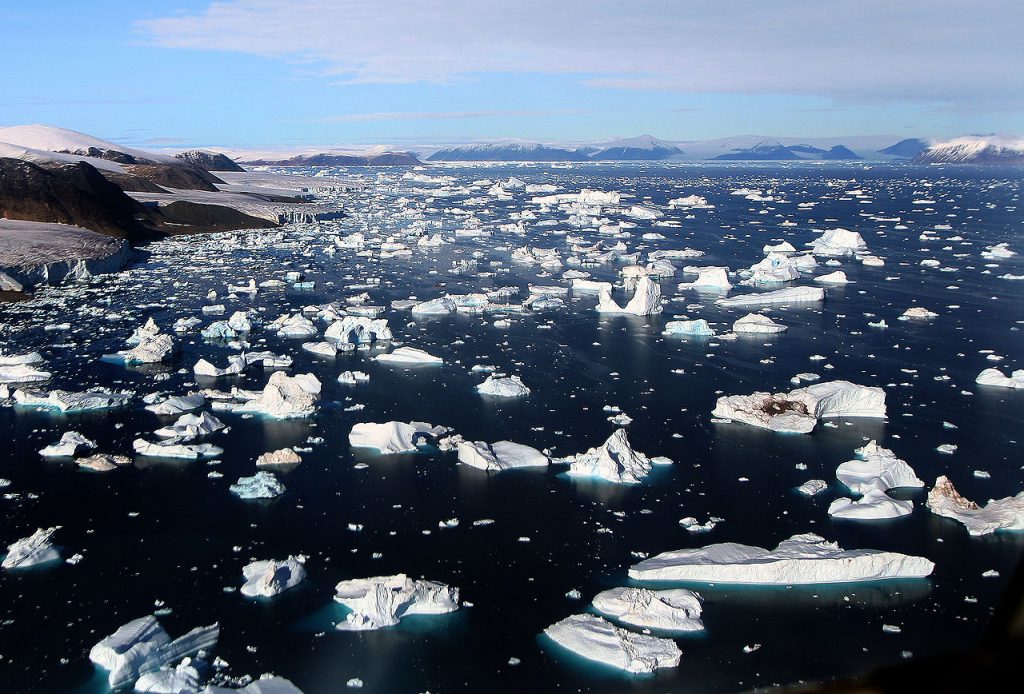United Nations Study Warns That Humanity has Until 2030 to Reduce Climate Change
The United Nations Intergovernmental Panel on Climate Change released a new scientific report today during a session in Incheon, South Korea that warns the global temperature could increase 1.5 degrees Celsius or 2.7 degrees Fahrenheit if countries around the world do not reduce or stop greenhouse gas emissions, pollution and other forms of resource depletion by 2030.
According to University of Melbourne climate science lecturer Andrew King, the world is at risk of experiencing “more heatwaves and hot summers, greater sea level rise, and, for many parts of the world, worse droughts and rainfall extremes,” unless significant action to combat global warming is taken in the next few years.
The study also indicated as global temperatures in the long-term rise above 2 degrees Celsius internationally, more than 90% of tropical coral reefs around the world could die out and excessive ice melting would increase sea level along populous coastal areas, putting primary crop yields at risk of drastically dropping.
The study recommends that all countries would have to drastically cut all greenhouse gas emissions 45 percent by 2030 and have the rate at “net zero” by 2050 through using all forms of renewable energy, energy efficient technologies, and removing excess carbon by increasing vegetated foliage.
While countries around the world are already committing towards banning single-use plastics, the sales and production of non-renewable energy powered vehicles, and divesting from nonrenewable energies, world powers such as China, Russia, the United States, India, Brazil, and the European Union continue to emit and cause most of the world’s pollution, including greenhouse gas emissions.




